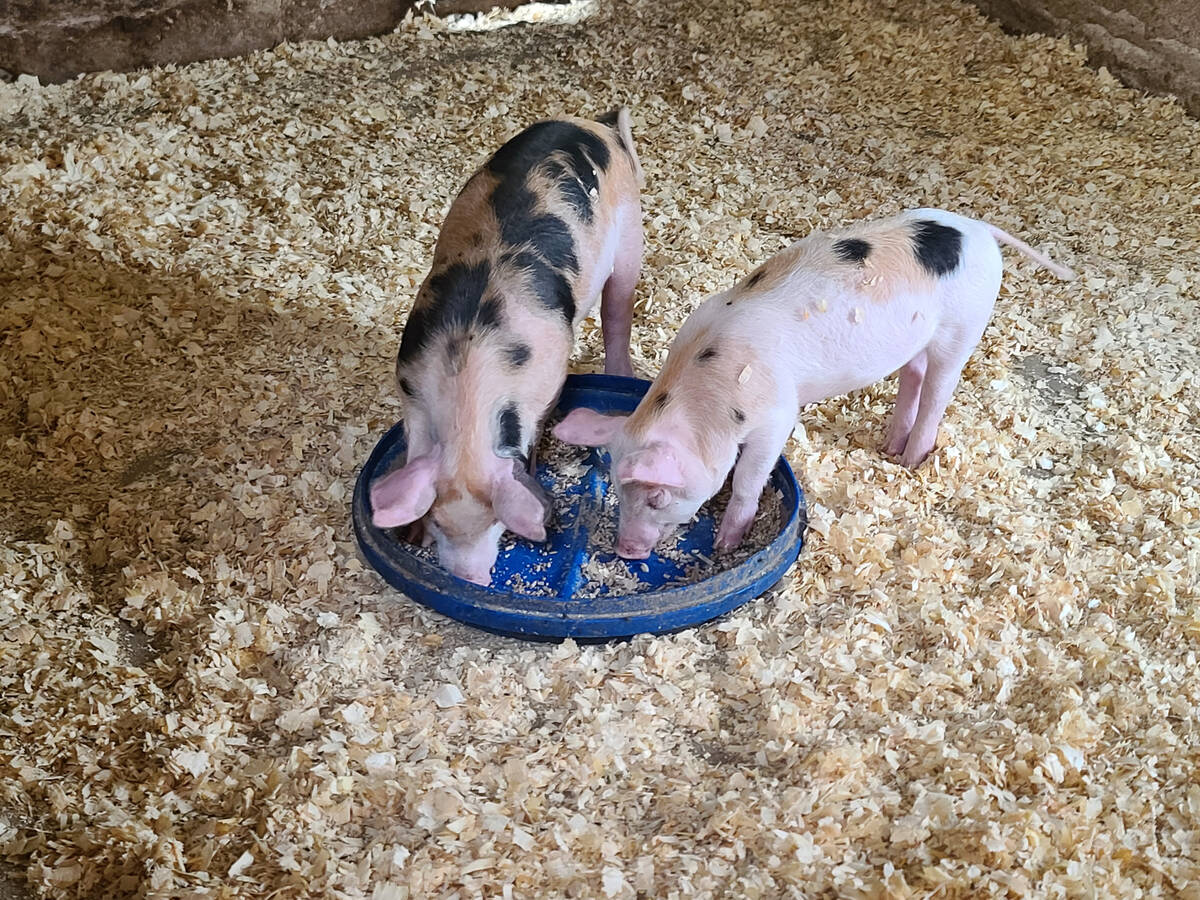WASHINGTON (Reuters) — A U.S. appeals court on Friday rejected a challenge by meat producers to a federal regulation that specifies labelling requirements for certain meat products, a move applauded by rancher and consumer groups.
The three-judge panel of the U.S. Court of Appeals for the District of Columbia Circuit said a 2013 regulation covering the so-called country-of-origin labelling (COOL) for muscle cuts of meat, can be enforced.
The American Meat Institute and related trade associations from the beef and pork sectors had attempted to prevent the rule from taking effect, arguing that COOL raises the cost of meat production.
Read Also

African swine fever risk tightens feed ingredient trade rules with Taiwan
Plant-based ingredients bound for Canadian livestock feed will have stricter trade rules if the shipments come from Taiwan, following Canadian Food Inspection Agency changes
The rule requires retailers such as grocery stores, supermarkets and warehouse clubs to list not just the country of origin but also information on when and where animals were born, raised and slaughtered. It strengthened the previous 2009 regulation.
“We disagree strongly with the court’s decision and believe that the rule will continue to harm livestock producers and the industry with little benefit to consumers,” said AMI interim president James Hodges, who said the group was evaluating its options.
American ranchers, who see the labelling law as a way to promote their made-in-the-USA products, were jubilant.
“Our cattle-producing members have worked hard to ensure that COOL is implemented in a way that allows them to highlight beef from their cattle that are born, raised, and slaughtered in the U.S.,” said Bob Fortune, president of the South Dakota Stockgrowers Association. “We are pleased the court has determined that we have the right to continue doing so.”
The labelling will help consumers “make informed choices about the origin and safety of their meat,” said Wenonah Hauter, director of the group Food & Water Watch.
Officials representing large meat producers Tyson Foods and Cargill Meat Solutions, which operate two of the largest U.S. beef-packing operations, deferred comment to the AMI.














